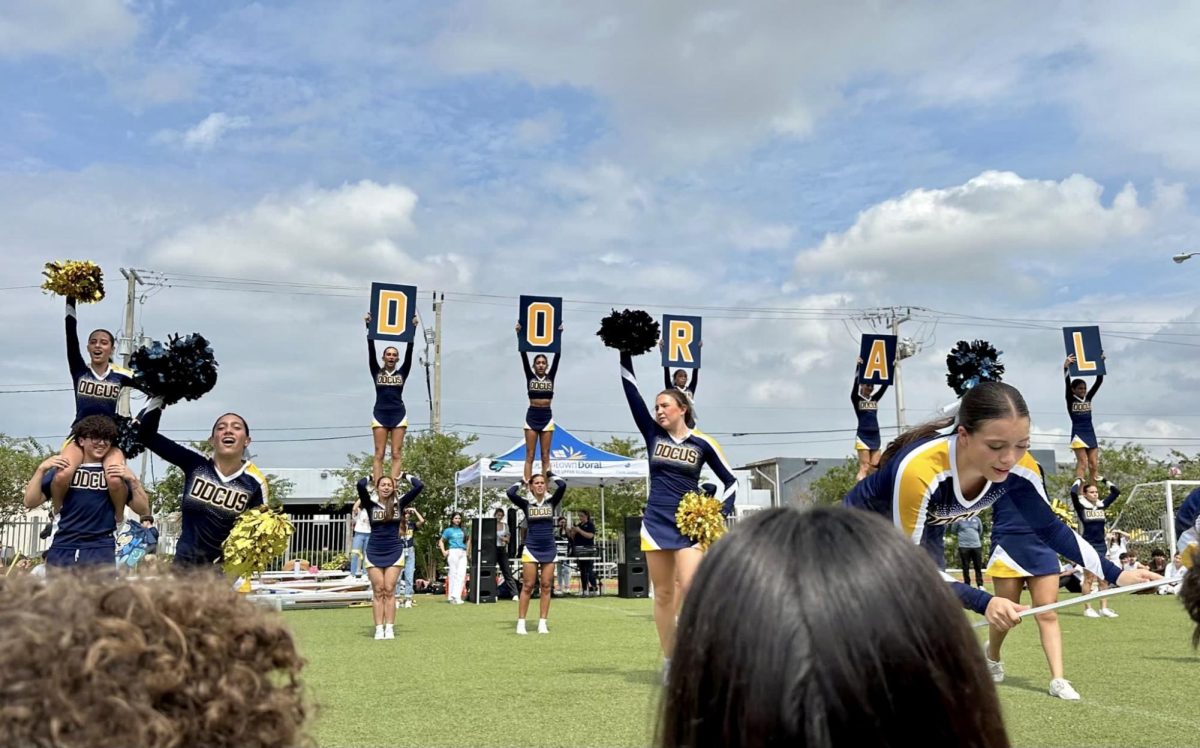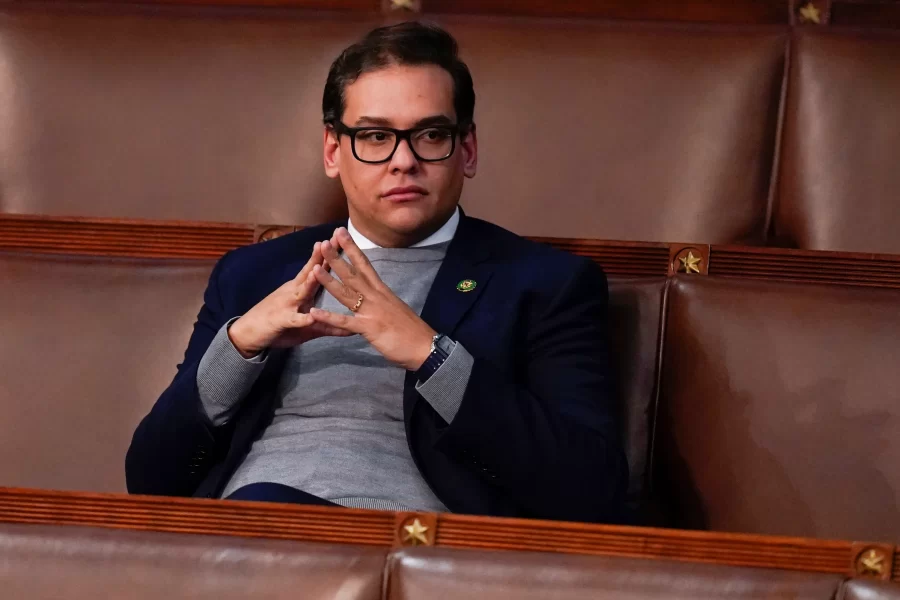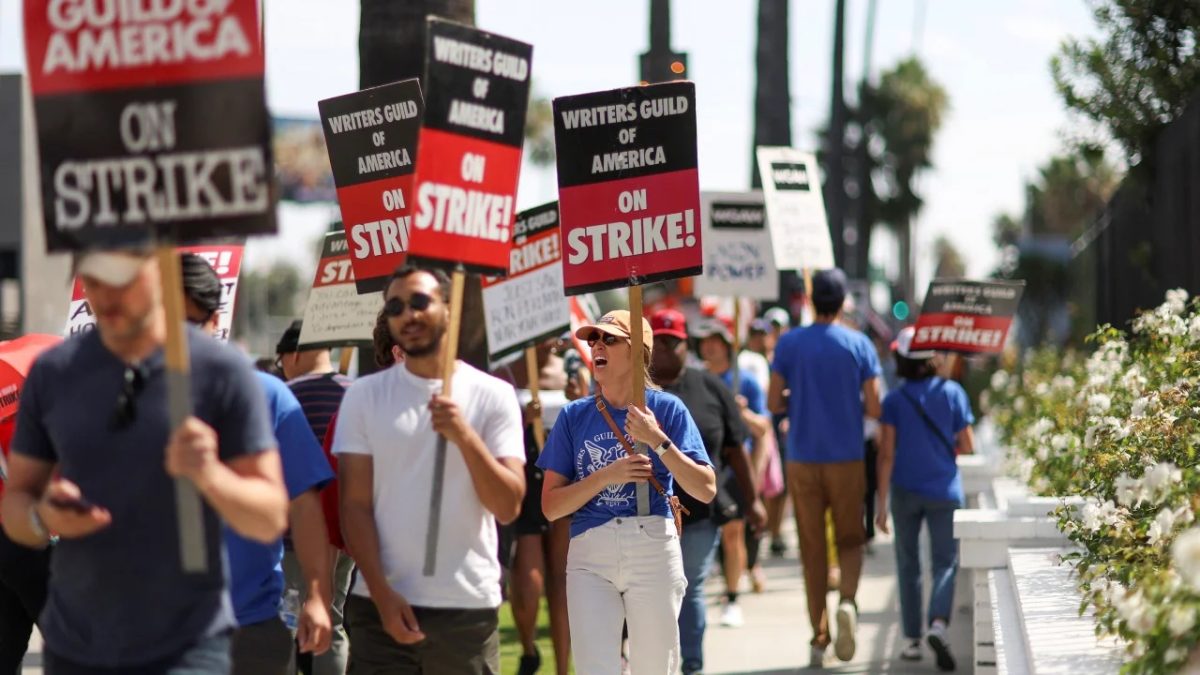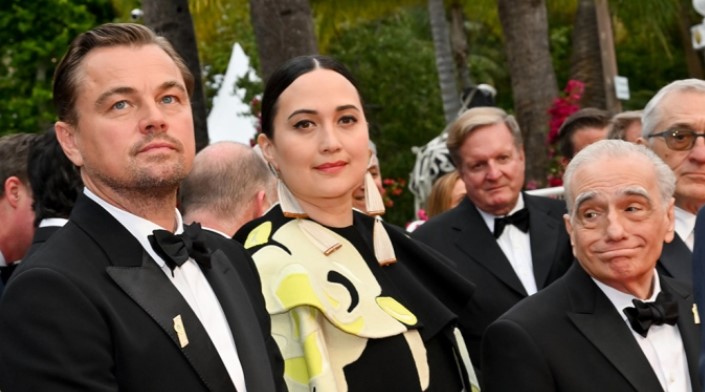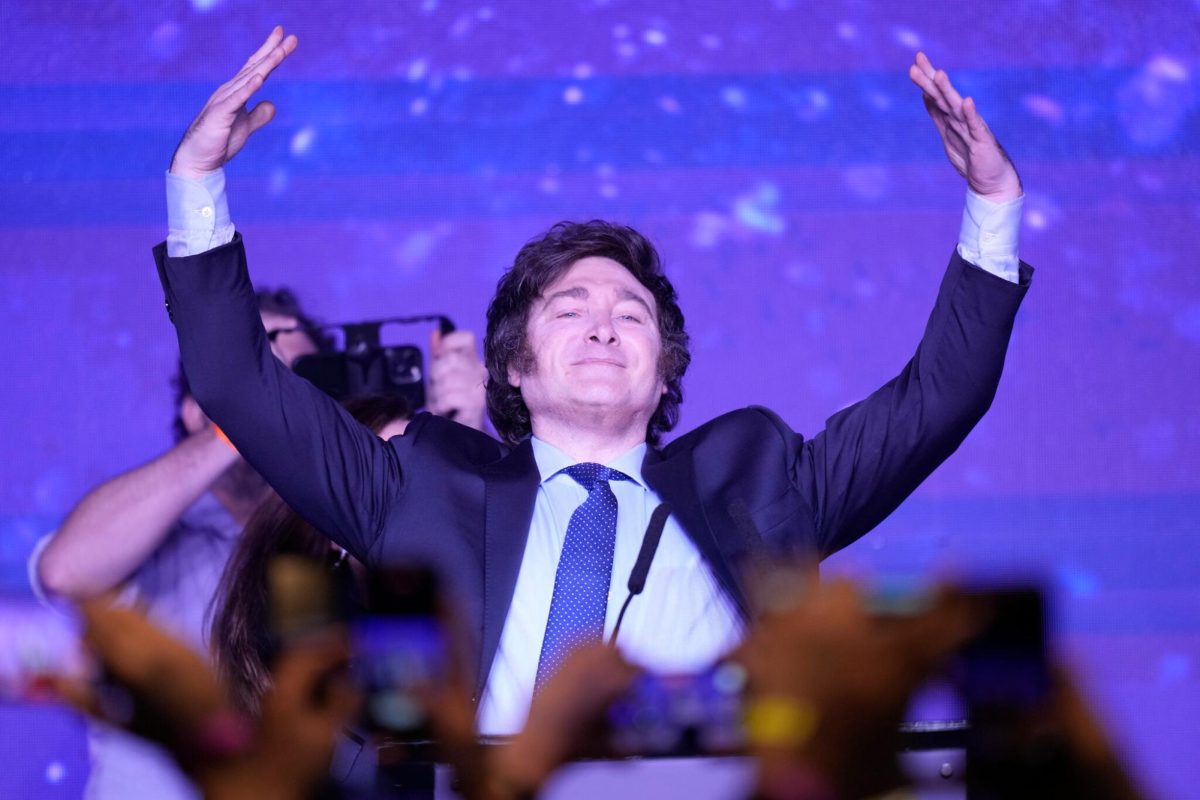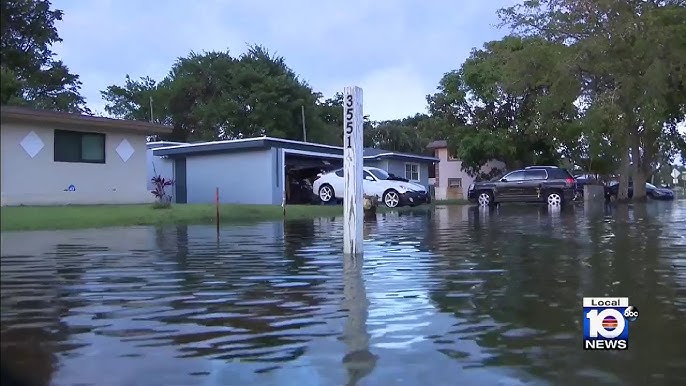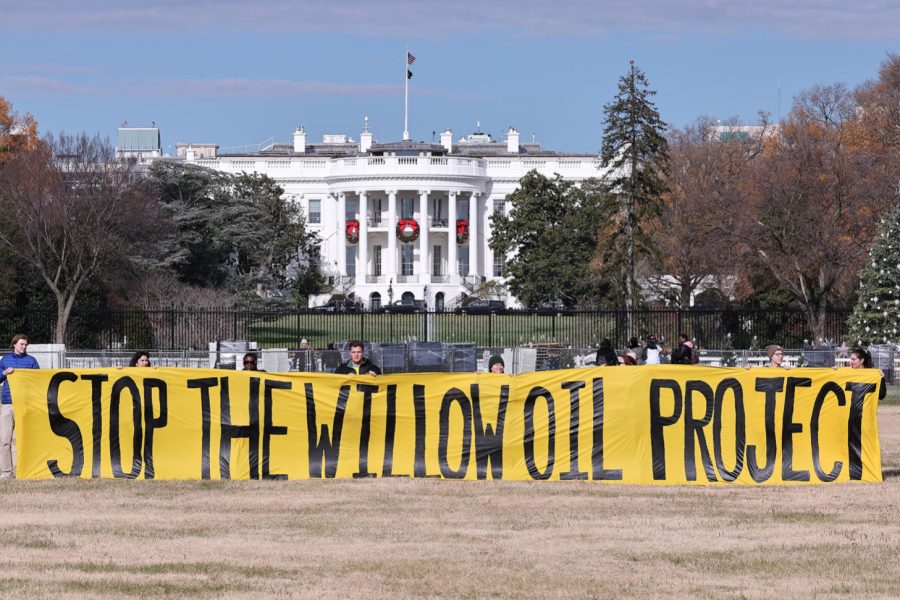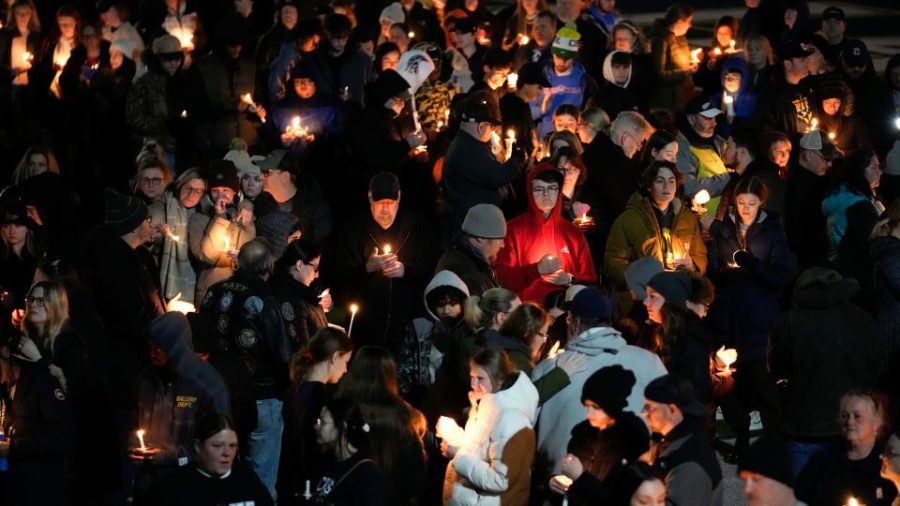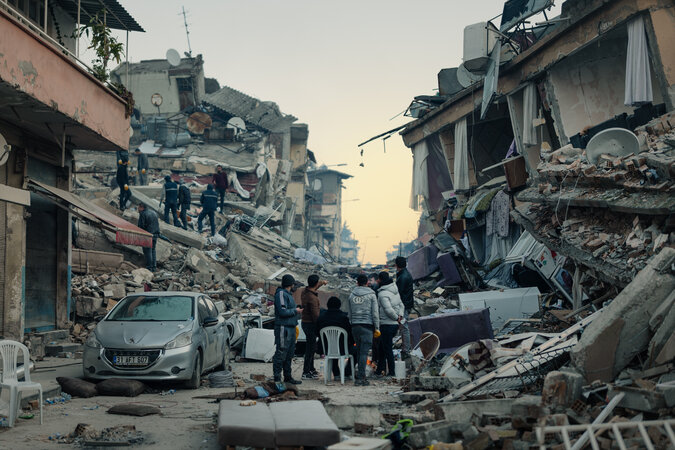In two weeks, on October 22, citizens of Argentina will vote for their next president, Senatorial members, and Chamber of Deputies members.
The candidates for the presidential race were determined in primary elections known as the “PASO.” These elections, taking place in August, showed far-right libertarian economist, Javier Milei, to have won over the majority of Argentinians. The two other candidates, Patricia Bullrich, candidate for the center-right coalition, and Sergio Massa, candidate for the center-left Peronist coalition, had 28.1% and 21.2% of the votes, while Milei had 31.1%. Massa, the minister of economy of the governing Union for the Homeland party, has received backlash for his presidential race, seeing as the economic crisis is partly due to his policies. Experts have questioned is placement in the polls due to this.
The country is being suffocated by its political polarization. Inflation is at an all-time high, sitting at 124% annually. It is the fifth country in the world with the highest rate of inflation. Around 39.2% of the population lives below the poverty line, scrambling to make ends meet in a country where prices are unstable and rise exponentially in a matter of days. The government is overrun by corrupt politicians like Vice President Cristina Fernández de Kirchner, who was sentenced to six years in jail and was permanently banned from holding public office. Voters are searching for change anywhere they can find it, and most have found solace in Milei’s political campaign, which promises to dollarize the economy and lift the country out of inflation.
In order for a candidate to be voted into office on the first election, they must have either over 45% of the votes or have a 10-point difference from the candidate in second place. With the candidates so close to each other, experts predict that the next Argentinian president will not be voted into office on the 22nd. Runoff elections, known as the “ballotage,” would take place on the 19th of November.





